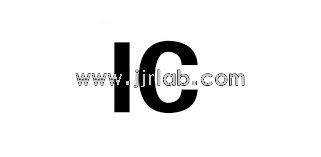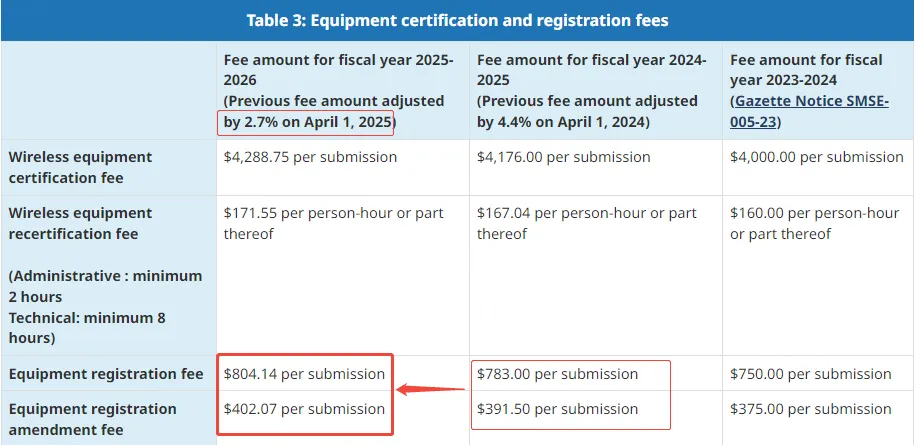
Which countries recognize CB certification?
Current member countries of the CB system:
Globally, there are 66 certification bodies and over 270 CB laboratories from 51 countries participating in this mutual recognition system. A total of 54 countries participate in the CB system, as listed below:
1. Americas: United States, Canada, Brazil, Argentina, Mexico, Colombia.
2. Europe: United Kingdom, Ireland, France, Spain, Portugal, Norway, Sweden, Finland, Russia, Denmark, Poland, Netherlands, Belgium, Germany, Czech Republic, Austria, Slovenia, Slovakia, Hungary, Switzerland, Italy, Belarus, Ukraine, Romania, Greece, Turkey, Serbia, Croatia, BULgaria.
3. Asia: China, South Korea, Japan, Thailand, Singapore, Indonesia, Malaysia, India, Israel, UAE, Saudi Arabia, Pakistan, Bahrain.
4. Africa: South Africa, Kenya, Libya.
5. Oceania: Australia, New Zealand.
Benefits of cb certification:
1. Convertible:
Manufacturers can use a cb test certificate issued by one NCB to obtain national certification from other member countries of the CB system.
2. Directly recognized or approved by other countries:
With a cb certificate, when applying for certifications like CCC, CQC, GS, KC, PSE, etc., in principle, only a few additional national-specific tests are needed to obtain the respective certificates. In some cases, having a cb report allows direct export to Southeast Asia and some African countries that don't have mandatory national certifications, such as Malaysia and Indonesia.
3. Cost and time savings:
Domestic companies applying for foreign certification can first apply for a cb test certificate domestically. Since the tests are conducted in local CB testing laboratories, it not only REDuces costs but also saves time in sample delivery and document handling.
4. Increased likelihood of passing product tests:
If a company already holds a CB test certificate, the majority or all of the CB test results are recognized when applying for other countries' certifications. This can eliminate or reduce the need for further sample testing, saving both time and money. More importantly, having CB testing done domestically increases the chances of passing any required difference tests.
Email:hello@jjrlab.com
Write your message here and send it to us
 What is Protection Class EN 60529?
What is Protection Class EN 60529?
 IP69 Certified Protection
IP69 Certified Protection
 California Energy Commission Testing Lab
California Energy Commission Testing Lab
 What Does the Canadian IC Mark Mean?
What Does the Canadian IC Mark Mean?
 How Much is the Canada IC ID Certification cost?
How Much is the Canada IC ID Certification cost?
 How Much is the Canada IC ID Certification Fee?
How Much is the Canada IC ID Certification Fee?
 How Much is the UL 982 Test Report csost?
How Much is the UL 982 Test Report csost?
 ISO/IEC 17025 Accredited Test Laboratory
ISO/IEC 17025 Accredited Test Laboratory
Leave us a message
24-hour online customer service at any time to respond, so that you worry!




